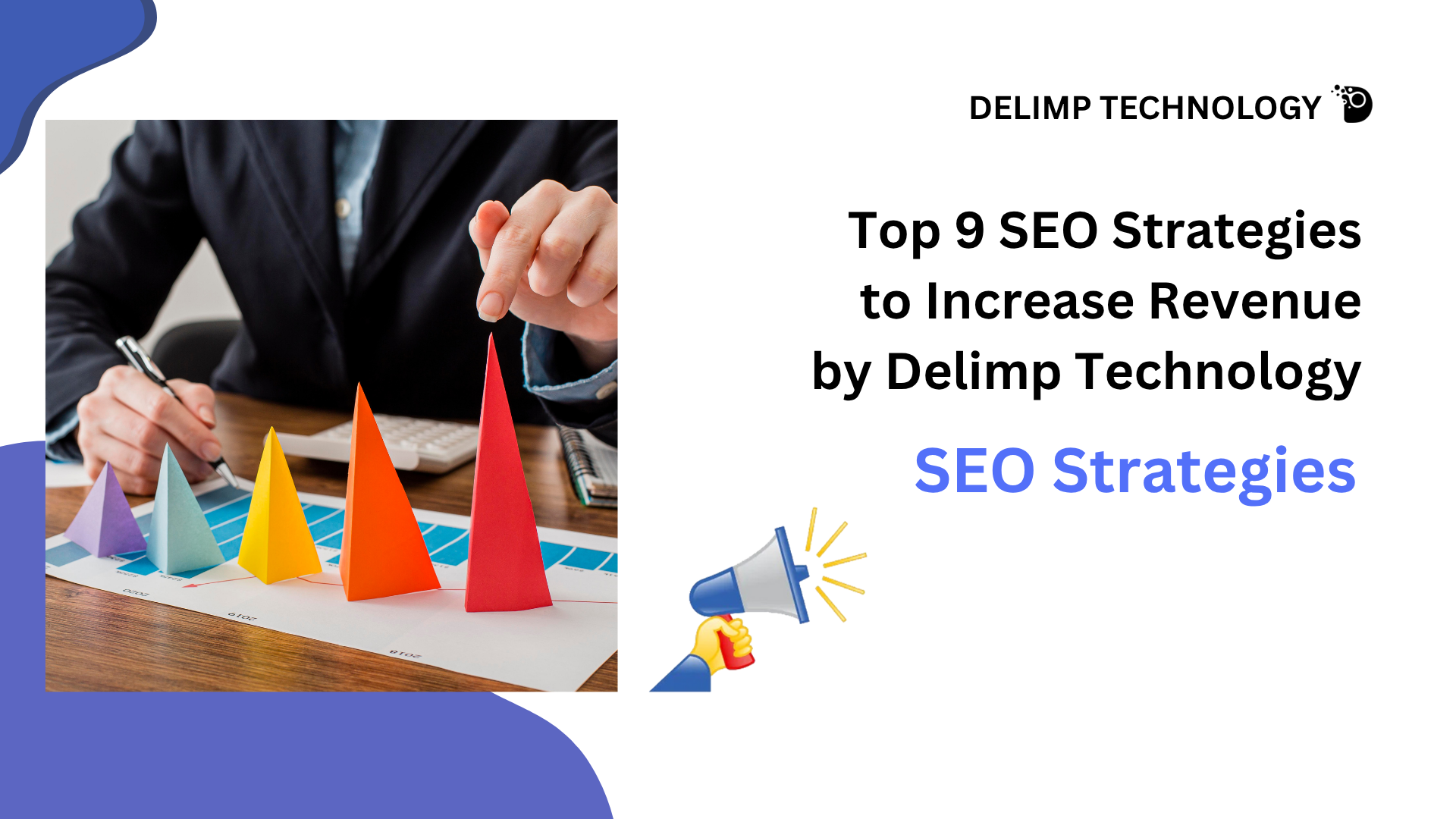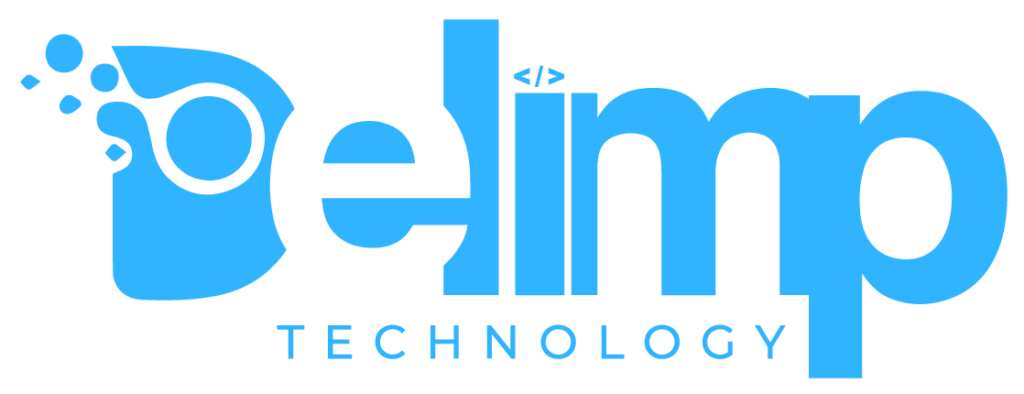In the realm of search engine marketing it is important to know about on page and off-page SEO. For a website, accurate search engine optimization is crucial for improving visibility and driving organic traffic to maximize online presence and reach. On-Page and Off-Page SEO services are essential for businesses to optimize the website and rank higher in search engine results pages (SERPs).
In this blog, we have thoroughly discussed on on-page and off-page SEO and which one is preferred to invest in. So, lets understand the difference between them and apprehend which one is suitable to invest in.
What is On-Page SEO?
On-page SEO is all about optimizing the elements directly on your webpage to improve its search engine ranking and user experience. Think of it like tidying your room before inviting guests. You organize the content, add relevant keywords, and ensure everything looks clean and easy to navigate. By optimizing things like titles, meta descriptions, and images, you help search engines understand your page better and potentially rank it higher for relevant searches.
Elements of On-Page SEO
On-page SEO plays a crucial role in optimizing a website for search engines. Here are the key elements:
Content Optimization: Crafting content of high quality, relevance, and value while incorporating targeted keywords.
Title Tags: Crafting descriptive and keyword-rich title tags that accurately reflect the content of each page.
Meta Descriptions: Writing compelling meta descriptions that summarize the page content and entice users to click.
URL Structure: Ensuring clear, concise, and keyword-optimized URLs for better search engine visibility.
Heading Tags: Using proper heading tags (H1, H2, H3, etc.) to organize content and emphasize key points.
Image Optimization: Optimizing images with descriptive filenames, alt text, and captions to improve accessibility and search engine indexing.
Internal Linking: Creating a logical internal linking structure to facilitate navigation and distribute link equity throughout the site.
Page Speed: Optimizing page speed for fast loading times, which positively impacts user experience and search engine rankings.
What is Off-Page SEO?
Off-page SEO goes beyond your website, focusing on building your online reputation and credibility in the eyes of search engines. It’s like building a good reputation in your neighborhood. You get involved in local events, connect with other businesses, and earn positive reviews. Similarly, off-page SEO involves things like earning backlinks from reputable websites, engaging on social media, and getting mentioned in online articles. This tells search engines that your website is trustworthy and valuable, potentially boosting your ranking for relevant searches.
Elements of Off-Page SEO
Off-page SEO plays a vital role in enhancing a website’s authority and reputation as perceived by search engines. Here are the major elements:
Backlinks: Acquiring quality backlinks from reputable and relevant websites to demonstrate authority and trustworthiness.
Social Signals: Increasing social media engagement and shares to enhance brand visibility and credibility.
Online Mentions: Encouraging mentions and citations of your brand or website across the web to build authority and relevance.
Guest Posting: Publishing high-quality guest posts on authoritative websites to gain exposure and backlinks.
Influencer Outreach: Collaborating with influencers and thought leaders in your industry to amplify your brand’s reach and credibility.
Directory Listings: Ensuring your website is listed in relevant online directories to improve visibility and local search rankings.
Forum Participation: Engaging in relevant online forums and communities to establish expertise and build backlinks through forum signatures or contributions.
Content Promotion: Actively promoting your content through various channels to attract more traffic and backlinks organically.
Where to Invest Between On-Page and Off-Page SEO Services?
When considering where to invest between on-page and off-page SEO services, it’s essential to strike a balance and prioritize based on your specific goals and needs. On-page SEO lays the foundation for a strong website presence by optimizing content, meta tags, and technical elements to improve search engine visibility and user experience. Investing in on-page SEO ensures that your website is well-structured, relevant, and easily accessible to both users and search engines.
On the other hand, off-page SEO focuses on building authority, credibility, and trust through quality backlinks, social signals, and online mentions. By investing in off-page SEO, you can enhance your website’s reputation and authority, ultimately boosting search engine rankings and driving more organic traffic. Ultimately, a comprehensive SEO strategy should incorporate both on-page and off-page tactics to achieve long-term success and maximize your online visibility and reach.
Conclusion
Grasping the disparity between on-page and off-page SEO is fundamental for devising a comprehensive digital marketing strategy. Both components play indispensable roles in boosting website rankings and attracting organic traffic. By understanding and leveraging the strengths of each, businesses can achieve holistic optimization and establish a formidable online presence with SEO services. Embracing a balanced approach that integrates both on-page and off-page SEO tactics empowers brands to navigate the dynamic landscape of search engine optimization effectively.
Frequently Asked Questions (FAQs)
Q1: What is the difference between on-page and off-page SEO?
Ans: On-page SEO refers to optimizing elements within a website to improve its search engine visibility and user experience, such as content, meta tags, and site structure. Off-page SEO involves activities outside the website, like building backlinks and social signals, to enhance its authority and credibility in the eyes of search engines.
Q2: Why is on-page SEO important?
Ans: On-page SEO ensures that a website is well-optimized for search engines and users, making it easier to rank higher in search results and attract organic traffic. It also improves user experience by providing relevant and valuable content.
Q3: What are some examples of on-page SEO techniques?
Ans: Examples of on-page SEO techniques include optimizing content with relevant keywords, improving meta tags and descriptions, enhancing website navigation and usability, and optimizing images and multimedia elements.
Q4: How does off-page SEO contribute to a website’s ranking?
Ans: Off-page SEO helps to build a website’s authority and reputation by acquiring backlinks from reputable sources, increasing social signals and mentions, and establishing credibility within the industry. These factors signal to search engines that the website is trustworthy and relevant, leading to higher rankings in search results.
Q5: What are some off-page SEO strategies?
Ans: Off-page SEO strategies include link building through guest blogging, influencer outreach, and social media engagement. Other strategies include online mentions and citations, directory listings, and content promotion through various channels.






